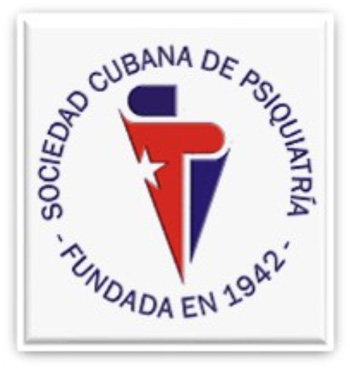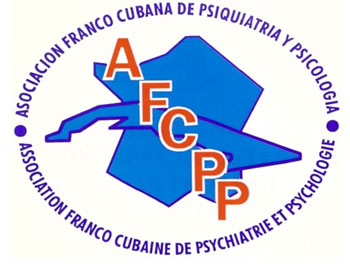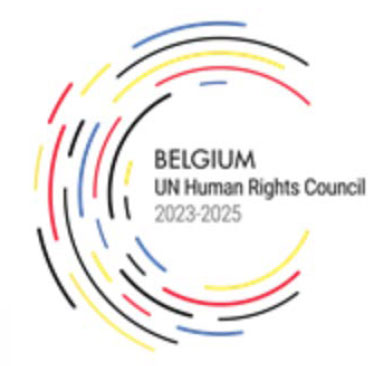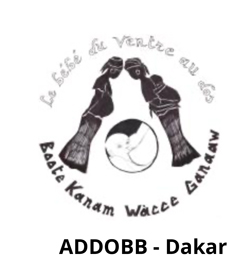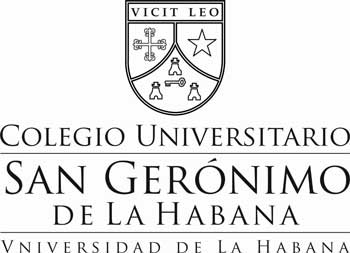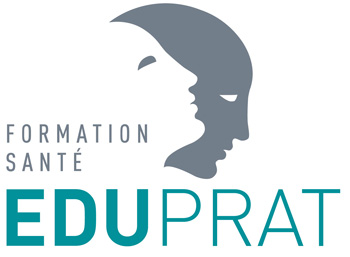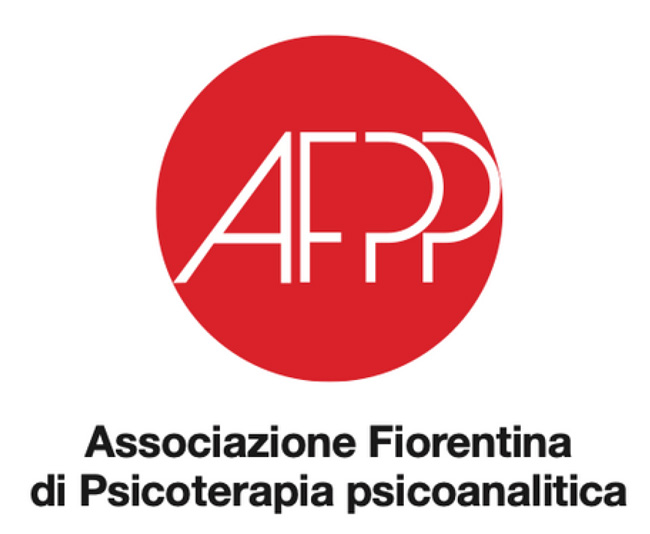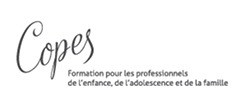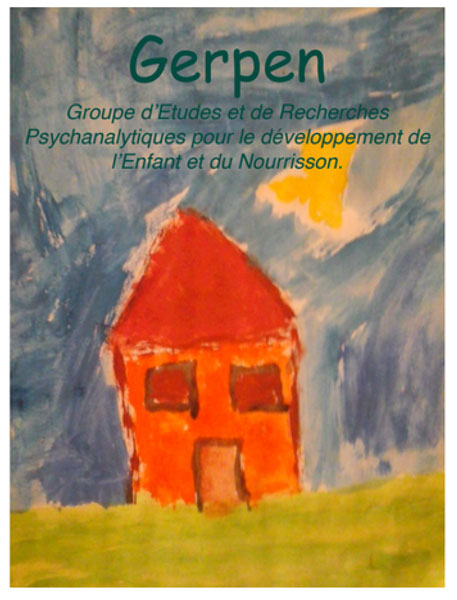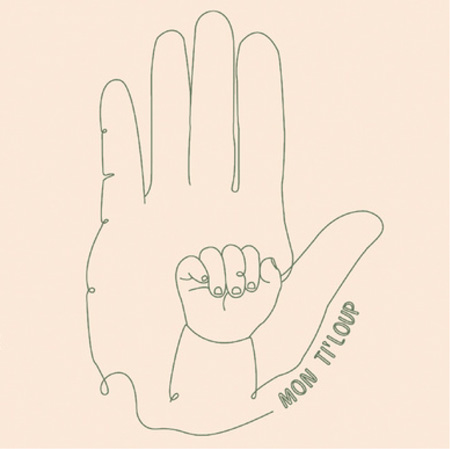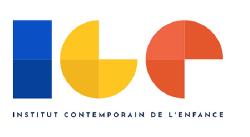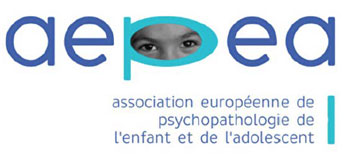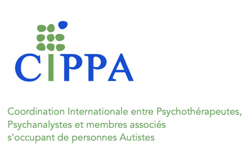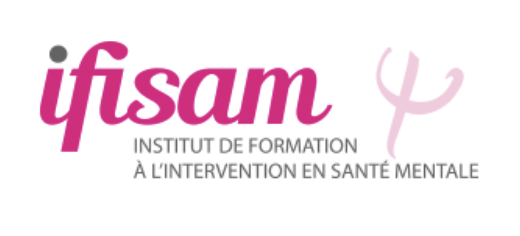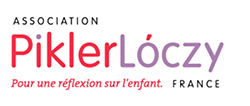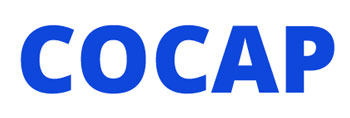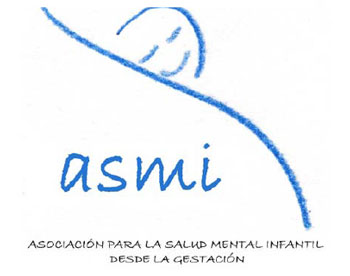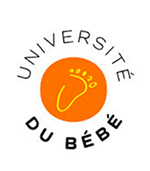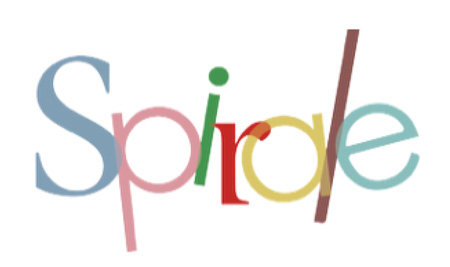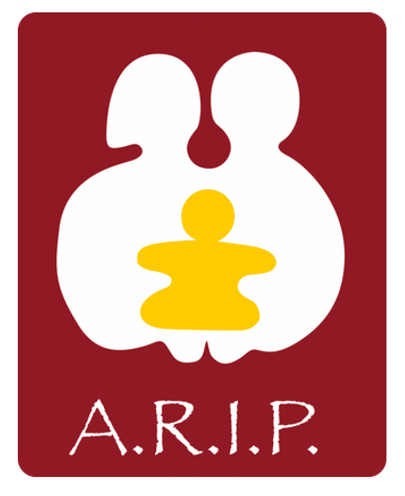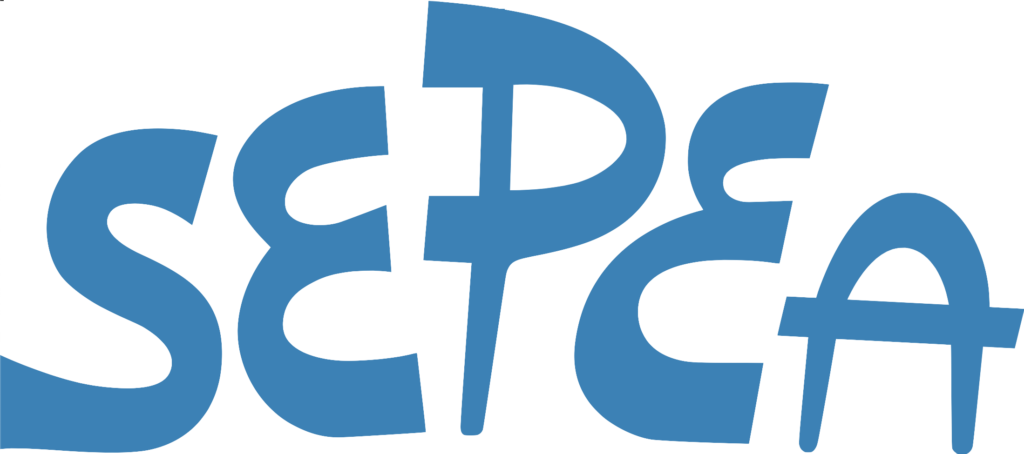XI INTERNATIONAL CONGRESS
Infant observation according to Esther Bick and its applications
CREATIVITY AND TRANSFORMATIONS WITH INFANT OBSERVATION AND ITS APPLICATIONS
The infant observation method created by Esther Bick in 1948 represents a fundamental and important moment of training for all early childhood professionals and for those who are confronted with primitive levels of thought. This training also allows professionals who do not work with children to strengthen their ability to understand the most archaic levels of the psychic functioning of any patient.
The observation of the baby utilizing the Bick methodology confronts us with the mysteries of the origins of psychic life and its first manifestations : the body language of the baby and the impact of the arrival of a baby in the family organization and within the emotional life of each of its members.
This method also represents a great richness in its clinical applications in various centers for the treatment of the infants (maternities, nurseries…). Indeed, observation is a method that allows the working group to reflect and elaborate the “raw” material of observation and to use it for the development of thought.
We should also underline the scientific contributions of this method in understanding the psychic development of babies and young children and in the prevention of early developmental disorders. This method has shed new light on serious pathologies such as autism spectrum disorders, and has paved the way for psychotherapy of the parent-baby relationship.
The XI International Congress on Baby Observation will be held in Cuba, and we want to give, through this Congress, special attention to babies and young children in all Latin American countries, and in the developing countries where children are the first to be exposed to violent changes in the family and society.
This Congress provides a scientific continuity with the previous International Congresses which were held in Dakar (2012) and Turin (2017) and of the study days (2014-Dakar and 2016-Rouen), of the Colloquium in London-Tavistock (2014), and of the Franco-Senegalese Meetings (2014-Paris and 2015 Amiens). We believe that making known the method of observation of the baby according to Esther Bick will contribute to the development of public health and to a greater respect for the rights of children, women and families in all countries of the world.
Baby observation training also helps early childhood professionals working in a multicultural setting to
have greater openness and understanding of different ways of relating to and caring for babies. This represents an essential basis for better contact and better communication with different cultural groups in our societies, as well as meeting the baby and their family with an attitude of respect for divergent cultural values.
In recent years, we have all been marked by various global crises (health, economic, climate and security) which have deeply affected the foundations of our internal world, as well as our way of living and working. The pandemic has had an impact on our intimacies, our relationship to the body and our interpersonal relationships. The effects of the climate crisis are sometimes felt in unexpected and threatening ways. War and terrorism bring drama, misunderstanding and terror. Society has become unstable, and increasingly precarious living conditions are emerging while paradoxically the links within the world population are becoming more complex and denser. If any crisis is made up of instability, uncertainty and anguish, any crisis can also contain within it the germ of possibilities for transformation and creation.
CREATIVITY AND TRANSFORMATION will be at the center of our Congress
Babies show us, despite their extreme dependence, all of the life force that they can mobilize to face adversity. They teach us that development is a continuous movement made up of surprises, upheavals and transformations in the sense of Bion, thanks to which the emotional elements can be “digested” and used for growth and thought.
Do you need information?
For any request, do not hesitate to contact :
Présidente of AIDOBB
General Secretary of the Congress
Air transport companies
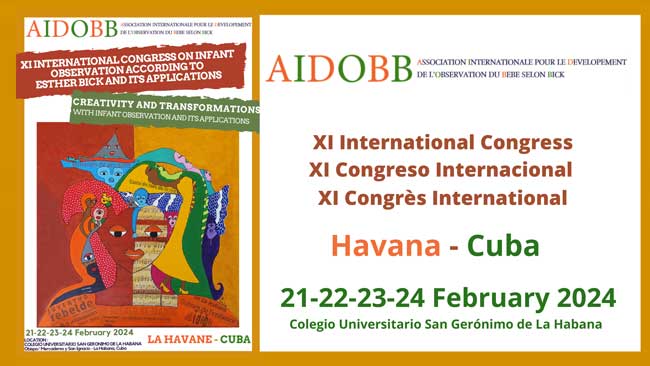
Program Cuba 2024
MONDAY FEBRUARY 19TH
14:30-15:00 – Welcome trainers
15:00-15:45 – Opening
15:45-17:00 – Presentation of observation material, discussions
17:00-17:30 – Break
17:30-18:30 – Presentation of observation material, discussions
TUESDAY, FEBRUARY 20TH
09:15-11:15 – Welcome trainers
11:15-11:45 – Break
11:45-12:45 – General debate
12:45-14:00 – Lunch
14:00-17:00 – Presentation of observation material by the trainer P. CORDE
WEDNESDAY, FEBRUARY 21TH
09:00-09:15 – Opening by officials and the Cuban Society of Psychiatry
09:15-09:45 – National health system and priorities for maternal and child health care in Cuba
09:45-10:30 – Scientific opening of the Congress
10:30-10:45 – Talk
10:45-11:30 – Conference
11:30-11:45 – Talk
11:45-12:15 – Break
12:15-13:00 – Conference
13:00-13:15 – Talk
13:15-14:15 – Lunch
14:15-15:15 – 10 simultaneous workshops
15:15-15:45 – Talk
15:45-16:00 – Break
16:00 – Observation of the baby in pandemics’ times
16:00-17:00 – 10 simultaneous workshops
17:00-17:30 – Talk
17:30-17:45 – Break
THURSDAY, FEBRUARY 22TH
08:45-09:15 – Conference
09:15-10:00 – Conference
10:00-10:15 – Talk
10:15-11:00 – Conference
11:00-11:15 – Talk
11:15-11:45 – Break
11:45-12:30 – Conference
12:30-12:45 – Talk
12:45-13:30 – Conference
13:30-13:45 – Talk
14:45 – Workshops – Baby observation, cultures and societies
14:45-15:45 – 10 simultaneous workshops
15:45-16:15 – Talk
16:15-16:45 – Break
16:45 – Therapeutic applications of infant observation
16:45-17:45 – 10 simultaneous workshops
17:45-18:15 – Talk
FRIDAY, FEBRUARY 23TH
09:00-09:45 – Conference
09:45-10:00 – Talk
10:00-10:45 – Conference
10:45-11:00 – Talk
11:00-11:30 – Break
11:30-12:15 – Conference
12:15-12:45 – Talk
12:45-13:30 – Conference
13:30-13:45 – Talk
13:45-14:30 – Déjeuner
14:30 – Workshop – Infant observation and prevention of early disorders
14:30-15:30 – 10 simultaneous workshops
15:30-16:00 – Talk
16:00-16:30 – Break
16:30- Openings and enlargements of the observation according to Esther Bick to other fields of reflection
16:30-17:30 – 10 simultaneous workshops
17:30-18:00 – Talk
20:30 – Galla dinner
SATURDAY, FEBRUARY 24TH
09:00-9:45 – Conference
09:45-10:00 – Talk
10:00-10:45 – Conference
10:45-11:00 – Talk
11:00-11:30 – Break
11:30-12:15 – Conference
12:15-12:30 – Talk – Synthesis of the “MASTER CLASS” – Esther Bick Observation Method, Real-life situation of small group of Cuban professionals
12:30-13:30 – Round Table and Conclusions
13:30-14:00 – Surprise and entertainment-Friendship drink-Closing of the International Congress
14:30 – General assembly

